US Panel To Assess Moderna Vaccine As Europe Vows Shots Before Year End
American experts were set to discuss Thursday if Moderna's Covid-19 vaccine should be authorized, as European nations vowed to get their coronavirus inoculation campaigns rolling before the end of the year.
Surges in infections have prompted tighter restrictions in several European countries, while the United States -- the worst-hit nation in the world -- set a double record, with more than 3,700 deaths and 250,000 new cases in 24 hours on Wednesday.
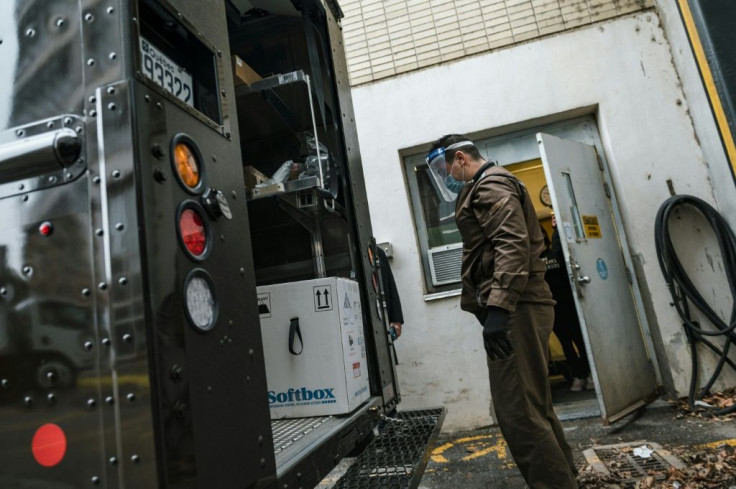
With the US floundering in its efforts to control the virus, Moderna's vaccine is seen as a potential boost in the fight against Covid-19, and approval from the experts' panel on Thursday could potentially pave the way for a rollout early next week.
"Recent news on vaccines has been very positive. However, significant challenges and uncertainties remain with regard to the timing, production, and distribution of vaccines as well as their efficacy across different groups," Jerome Powell, chair of the US Federal Reserve, said Wednesday.
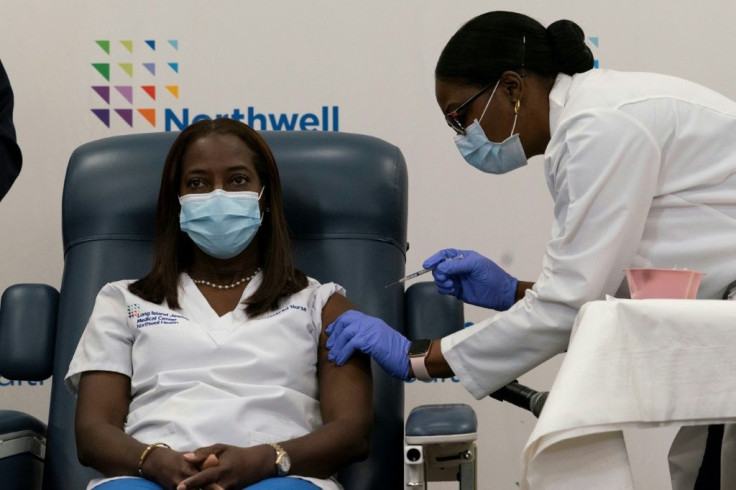
"The ongoing surge in new Covid-19 cases both here, in the United States, and abroad is particularly concerning. And the next few months are likely to be very challenging."
Should the panelists vote in favor of the Moderna vaccine, as is widely expected, the Food and Drug Administration is likely to give a green light soon after, making the US the first country to approve it.
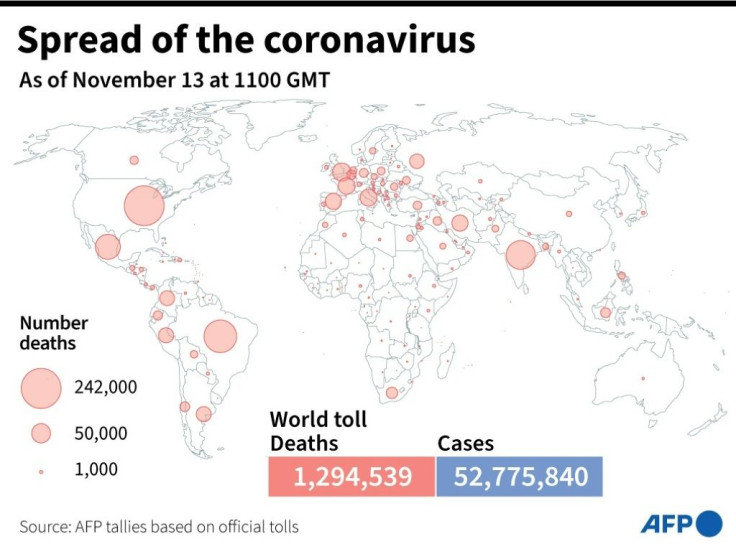
The US has already started vaccinating people with the Pfizer-BioNTech vaccine, and is hoping to have 20 million people immunized in December.
Healthcare workers and long-term care residents are at the front of the line, and efforts are under way to convince the American public that the vaccines are safe.
The White House announced Vice President Mike Pence and his wife will get the vaccine on Friday in a public display, while a spokeswoman said President Donald Trump is "absolutely open to taking the vaccine."
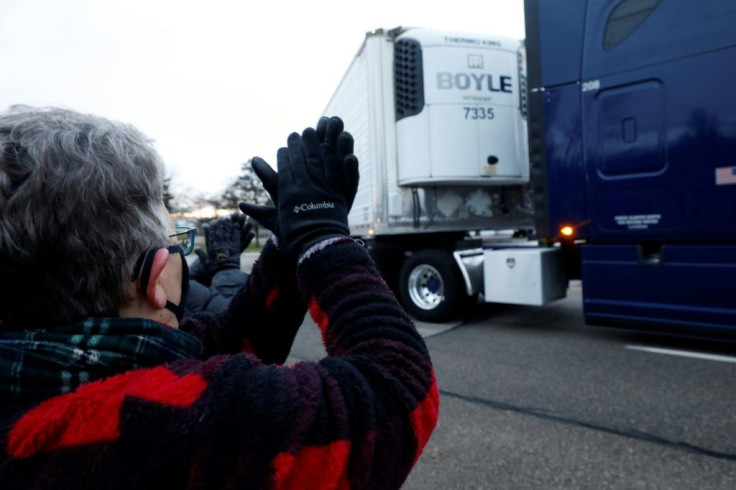
Since Trump recently recovered from a bout of Covid-19, he is thought to be currently immune.
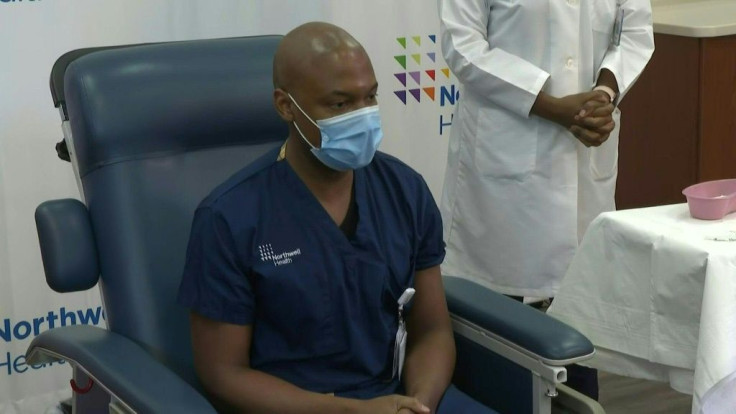
Known global infections are fast approaching 74 million, with more than 1.6 million deaths, and nations across Europe were battling surges in Covid-19 numbers with fears of an explosion in cases over the Christmas period.
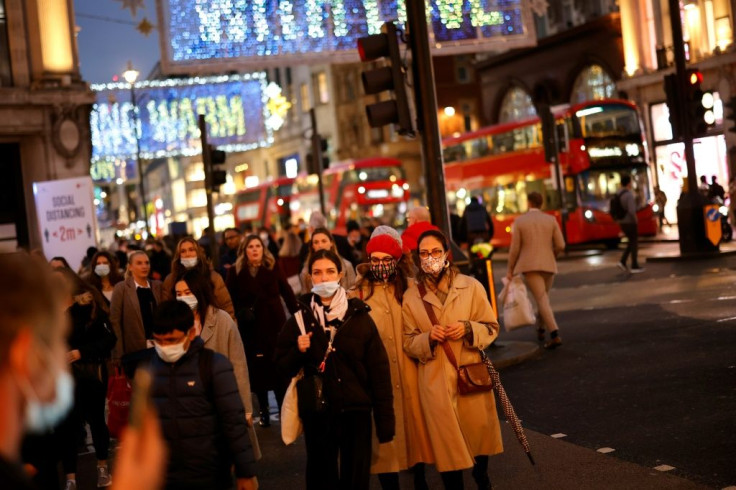
The spikes have prompted tighter restrictions across many countries on the continent, which is nearing 500,000 deaths from the disease.
Denmark, France, Turkey and the Netherlands have all strengthened curbs, while Germany began a new partial lockdown on Wednesday to curb the spread of the virus.
"It feels like a Sunday," said Ines Kumpl, 57, observing the deserted streets of Berlin on the first day of a new partial lockdown. "These measures are necessary but it's stressful."
Germany has said it will begin vaccinations on December 27, a date expected to be matched across the European Union.
France said it would receive around 1.16 million vaccine doses by year-end, with a further 2.3 million coming over the next two months.
Pressure has been mounting on the European Union to speed up approvals since Britain and the US started their immunization programs with the Pfizer-BioNTech vaccine.
As much of the world waits to get a shot, Twitter said that it would crack down on false posts and conspiracy theories about vaccines.
The policy will include action against claims -- presented without any evidence -- that the vaccine is being used to intentionally cause harm or control people.
Brazil's virus-skeptic President Jair Bolsonaro performed an about-turn on Wednesday as he backed the national mass immunization campaign.
While wealthier nations have managed to secure large numbers of doses, there are concerns that poorer nations may not get access any time soon.,
Peru, which has one of the world's highest Covid-19 mortality rates, has admitted it had no idea when it would be able to get hold of sought-after vaccine stocks.
© Copyright AFP 2024. All rights reserved.











